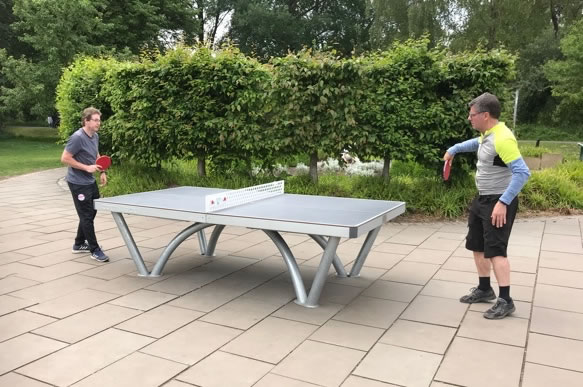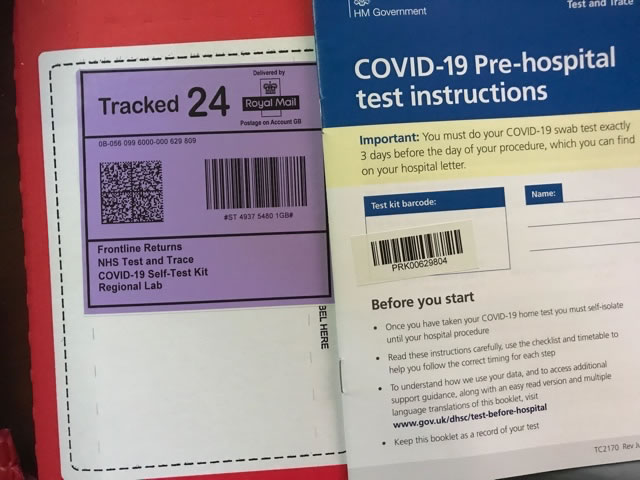Exenatide Phase III Clinical Study
Curiosity, not the cure: Exenatide Phase III Clinical Study
A chance meeting over a game of table tennis with a fellow Parkie led me to partake in my first clinical trial intervention. This is the first of several posts I shall write as I embark upon my two-year journey of curiosity.
Forever the opportunist, I had arranged to meet up for a social game with a couple of online acquaintances whilst collecting my son from university. Thankfully the constellations had aligned for a perfect match at an outdoor table in Bute Park, Cardiff one spring morning. The weather was calm, the coffee was sweet, and the company was chatty.

As the conversation flowed, we got round to discussing our meds, as we Parkie people tend to do. Being fully occupied with my ping pong antics over the previous year, whence we first met via a speculative zoom call, I had taken my eye off the usual research media and not registered the earlier clinical trials of Exenatide and the potential disease modifying, ‘neuroprotective’ treatment of this established diabetes drug. Neil had just enrolled and mentioned they were still recruiting [1 & 2].

When considering whether to volunteer for a study, I always look at the inclusion and exclusion criteria to ensure I can ‘add value’ and assist the researchers in whatever outcomes they are seeking to achieve. And curious to find out what more I can learn about Parkinson’s, which gives me a sense of control and greater understanding too.
This is a Phase III, randomised, double-blind, parallel group, placebo controlled clinical study, requiring a cohort of 200 patients, based around 6 leading research centres across the UK. The volunteers need to be representative of the wider Parkinson’s community to help identify any significant differences in response to the once weekly, self-administered injection. This study is also investigating the longer-term affects, increasing on the Phase II 48 weeks study up to a full 2 years. Several sub-study options are also available, including DaTSCAN, Genetics and Cerebrospinal Fluid i.e., a lumber fluid sample, which is literally the closest way researchers can presently get inside our head. I opted for the full menu.
![Study paper, NLM ref: 34049922[1]](https://rigeast.uk/wp-content/uploads/2023/10/study_paper.jpg)
NB. Simon Stott, and others, have followed the earlier progress of this trial, such as these posts in ‘The Science of Parkinson’s [3]. So, I won’t be discussing the technical details here. I shall be reporting on the study protocol and practical engagement from the volunteer patient perspective. With a similar, open mindset to Simon – one of curiosity and contribution, over cure and heightened expectation.
Through the thorough screening process, I was very fortunate to learn I was already prediabetic (i.e. having a higher than average chance of getting diabetes) as well as; testing positive for covid-19, as part of the routine hospital safety measures, whilst being asymptomatic throughout and; identifying a potentially life-threatening, dramatic drop in renal function, which thankfully fully recovered due to the miracle of the covid-19 vaccination programme (which, co-incidentally, the UCL team treating me had previously been involved with developing too).

So I was delighted to eventually be accepted on to this study cohort, and book my first visit which will be the topic of my next post. Watch this space to find out what happened next.

References:
[1] Clinical Trials summary: https://clinicaltrials.gov/ct2/show/NCT04232969
[2] ‘Diabetes medications and risk of Parkinson’s disease: a cohort study of patients with diabetes’, BRAIN Vol.143, Issue 10, Oct-20, https://academic.oup.com/brain/article/143/10/3067/5917790
[3] The Science of Parkinson’s, Exenatide blog post list, by Simon Stott: https://scienceofparkinsons.com/?s=exenatide

